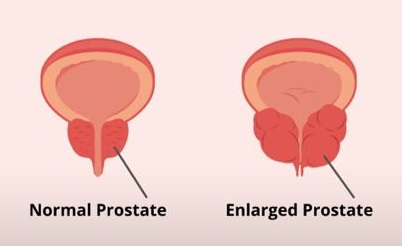
We stand out as the leading choice for BPH treatment due to our patient-centered approach and a high success rate.
Here are some common questions about our BPH (Prostate Enlargement) and how we can help you.
Common symptoms of BPH include frequent urination, difficulty starting urination, a weak urine stream, and the need to urinate frequently at night.
Treatment options include medication, minimally invasive procedures, and in some cases, endoscopic surgery, depending on the severity of symptoms.
If your symptoms affect your quality of life or daily activities, it’s a good idea to consult a specialist.
Nearly 80% of BPH patients do not require any form of surgery and can be relieved with medicines.

Nearly 80% of BPH patients do not require surgery and can be relieved with medicines.

Accurate diagnosis with Real time Uroflowmetry, and Urodynamic study if required.

Our renowned medical professionals are dedicated to do their best to give optimal results.

We offer ‘Platinum standard’ surgical option - Bipolar TURP to our patients.

We do not charge any consultation fees up to 3 months after surgery to ensure regular follow ups.

Besides thorough consultations, patients are advised lifestyle changes to make their life comfortable.
We understand that seeking treatment for BPH can come with fears and questions. Our expert team is here to help guide you through these common concerns
We offer transparent pricing and have Tie ups with various Insurance and TPA companies for cashless services.
While side effects vary by treatment type, our team educates you on all risks and benefits beforehand.
Nearly 80% of BPH patients at our institute are advised medical treatment.
Recovery times can vary but are generally quick, especially with minimally invasive surgical options.
Our pricing structure is transparent and competitive, ensuring patients receive premium care within their budget.
Detailed evaluation and discussion of symptoms.
Prices vary based on tests required.
Costs depend on the type of treatment selected.
I felt cared for every step of the way.
Hear from our patients about their experiences.